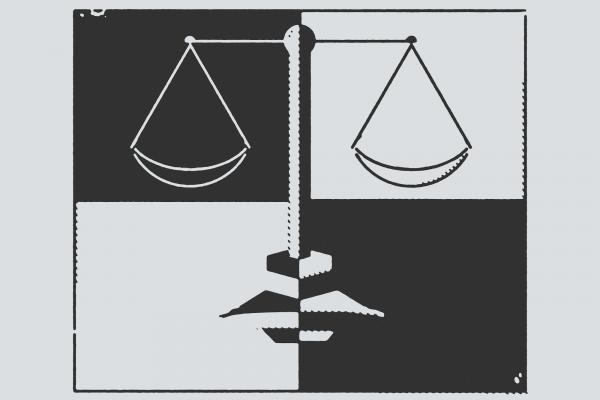HISPANIC CULTURES ARE profoundly relational. Family is family whoever they are, whatever they believe, and whatever they have done. Family also includes people who are not blood relations; being family is a way of life. Being family means that the suffering of our daughters and our mothers, our sisters and our cousins, matters. Our relationship with God also matters to us, and how we see and sense the voice of God influences our choices.
So, what does this all mean when it comes to abortion?
Whether or not Hispanics fight to affirm Roe v. Wade, our fundamental perspectives may not fit neatly into the two sides of the debate. While some values are shared across generations, they are differently weighted in ways that impact political decisions, creating a family dialogue that is profound and deeply emotional.
A core precept of liberation theology in Latin America, and its evangelical cousin misión integral (holistic mission), is the power of place and position in determining perspective. While it is not possible to talk about a single “Hispanic culture,” given the broad diversity of the Hispanic community, there are common experiences and values between various Hispanic cultures that impact the way that we see the moral, scriptural, and spiritual issues in the abortion/choice debate.
The following formative experiences and values have significant impact for many of us.
Seeing God in babies. I remember when I was a pastor of an English- and Spanish-speaking congregation trying to
explain to the English-speaking members why we let children run around the church freely, appreciating their playfulness. On a deeper level, I remember explaining why we would take in a distant cousin’s child to live with us without a moment’s hesitation. In traditional Hispanic Catholic circles, the figure of Christ as a child is one of the most popular depictions, along with Madonna and child images. There are many Hispanic people who are deeply troubled by abortion. If we can’t know the exact point at which cells become a baby, many Hispanics would feel like we should approach the question with fear and trembling.
Read the Full Article

